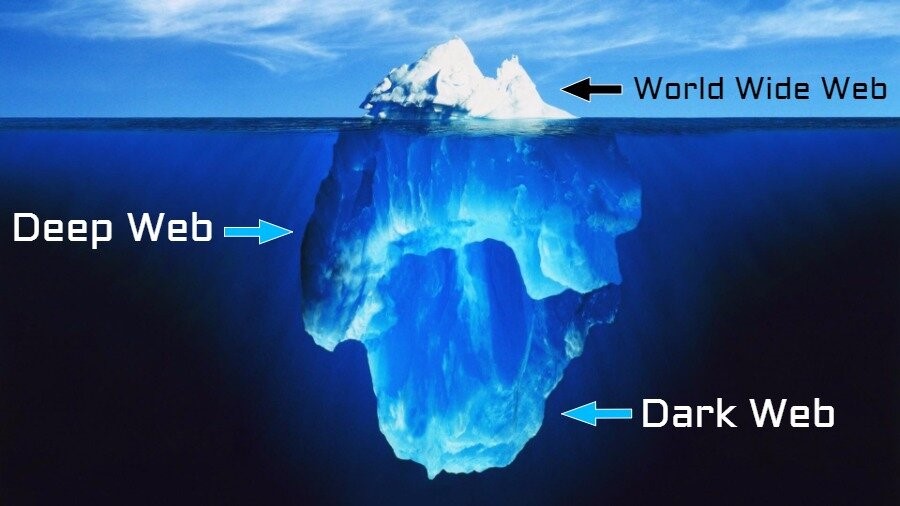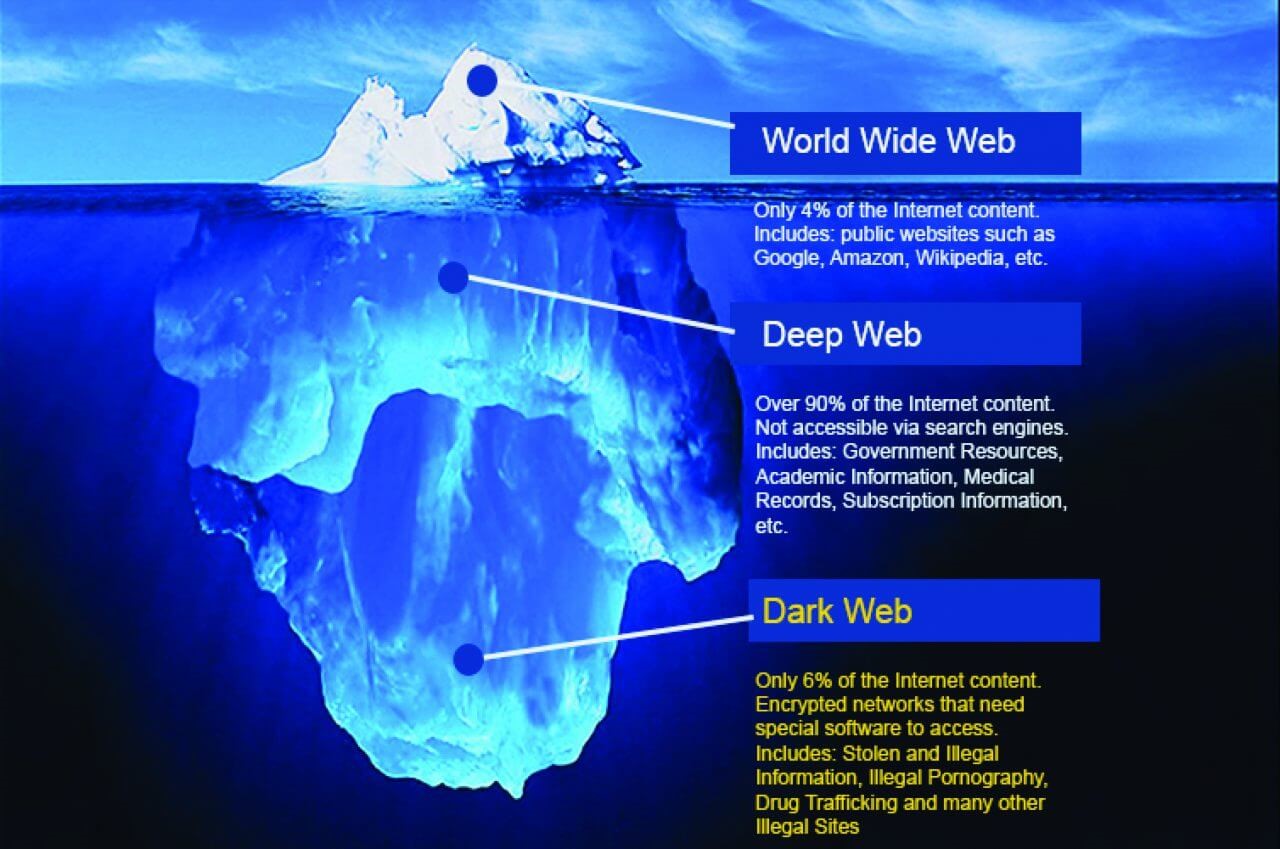Description

Disclaimer: Copyright infringement not intended.
Context
- The Narcotics Control Bureau (NCB) has seized around 15,000 LSD blots.
- Officials said they are tracking a second cartel running their operation on the dark net.
Dark Net
- The dark web, also referred to as the darknet, is an encrypted portion of the internet that is not indexed by search engines and requires specific configuration or authorization to access.
- Although the dark web is sometimes portrayed as a domain frequented by criminal elements, it is also used by people who require privacy for entirely legal reasons, such as the exchange of proprietary business information or communication by political activists.
- Information may be exchanged through an encrypted peer-to-peer (P2P) network connection or by using an overlay network, such as the Tor browser. The anonymity that these networks provide has contributed to the dark web's reputation for housing illegal activity.
What is the difference between the dark web vs. the deep web?
- The terms "dark web" and "deep web" are often used interchangeably, but they are not the same. Rather, the dark web is a small, less accessible part of the deep web.
- Both the dark and deep web share one thing in common: Neither can be found in search engine results. The difference between them primarily lies in how their content is accessed. Deep web pages can be accessed by anyone with a standard web browser who knows the URL.
- Dark web pages, in contrast, require special software with the correct decryption key, as well as access rights and knowledge of where to find the content.
- If the web in three layers, at the very top would be the surface web, whose content is indexed by search engines like Google and Yahoo. Beneath it is the deep web, and then located underneath that is the dark web.
.jpeg)
How is the dark web accessed?
- The dark web can't be accessed through your typical browsers, such as Firefox or Chrome. It can only be accessed with a specialized, anonymous browser, such as Tor or the Invisible Internet Project (I2P).
- This type of web browser keeps a user's identity hidden by routing web page requests through a series of proxy serversthat renders an IP address untraceable.
- Websites on the dark web have an unconventional naming structure. Therefore, users need to know the URL they want to access beforehand. Furthermore, dark web search engines aren't as effective and prominent as Google.
- Instead of ending in .com or other common suffixes, dark web URLs typically end in .onion, a special-use domain suffix. Dark websites also have URLs that are a mix of letters and numbers, making them hard to find or remember.
Who uses the dark web?
- The dark web began as a channel for anonymous communication, making it attractive to hackers and criminals. While it continues to be a haven for illicit activity, it does have legitimate and lawfuluses as well.
- For example, the dark web can help users communicate in environments or geographical areas where free speech isn't protected. Dark web social media networks also exist, such as specialized clubs and BlackBook, which is considered the Facebook of Tor.
- The primary use of the dark web is for e-commerce. With the use of cryptocurrency, such as Bitcoin, users can make any purchase on the dark web without revealing their identity.
- This lends itself well to criminal activity and hidden services, such as:
-
- Hitmen.
- Purchasing and selling credit card numbers, bank account numbers or online banking information.
- Money laundering.
- Illegal content like child pornography.
- Purchasing and selling illegal drugs.
- Purchasing and selling counterfeit money.
- Purchasing and selling weapons.

Is the dark web illegal?
- No, the dark web itself is not illegal, but it can be a platform for illegal activity. There are also several legitimate companies and entities that have a presence on the dark web, and private users may have legitimate reasons for accessing the dark web as well.
- One such ethical use for the dark web is for law enforcement and threat intelligence These types of professionals may search the dark web for signs of cybersecurity or data breaches, illegal activity, scams or other emerging threats.
- The dark web also hosts a large amount of content that cannot be found in any other part of the internet. This includes banned books, collections of news articles, and discussion forums.
|
PRACTICE QUESTION
Q. Consider the following statements.
a) The dark web can't be accessed through your typical browsers and it can only be accessed with a specialized, anonymous browser, such as Tor or the Invisible Internet Project (I2P).
b) Dark web is illegal in nature.
Which of the statements given above are incorrect?
1. a only
2. b only
3. Both a and b
4. None of the above.
Correct Answer: b only(2)
|

https://www.hindustantimes.com/india-news/ncb-seizes-15-000-lsd-blots-and-arrests-6-in-new-delhi-drug-trafficking-racket-operational-through-dark-web-101686076625831.html
















